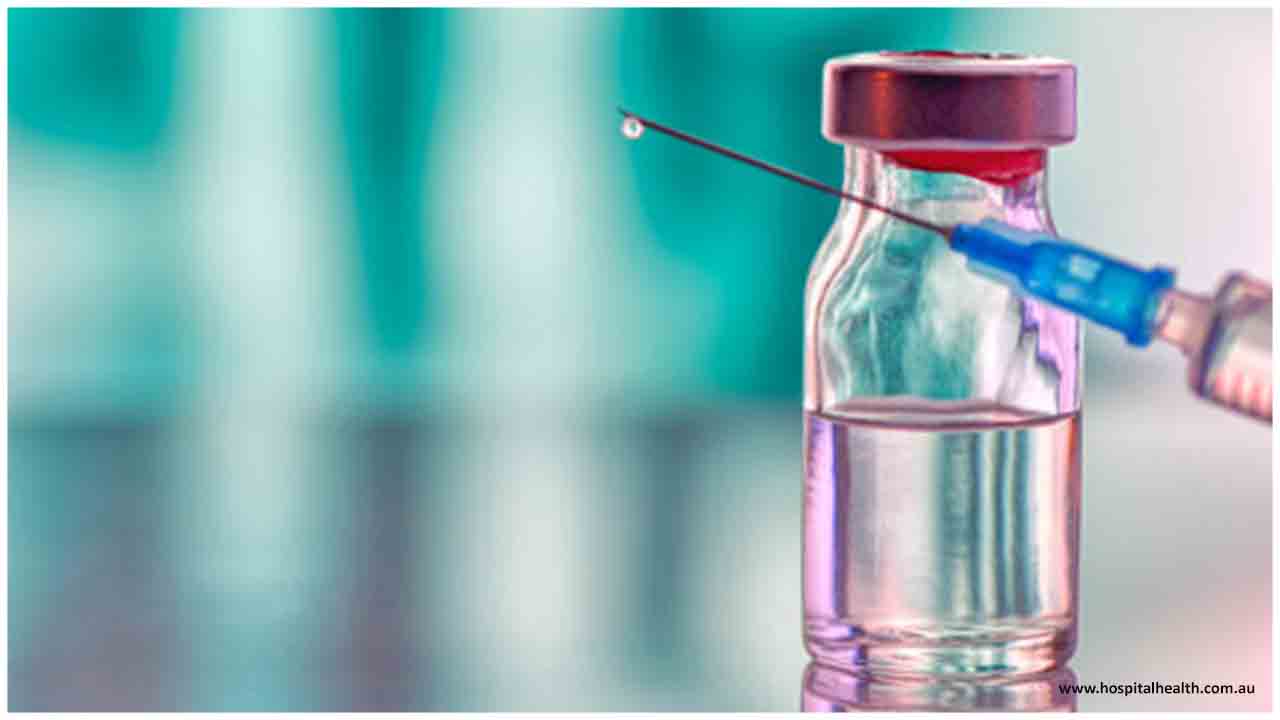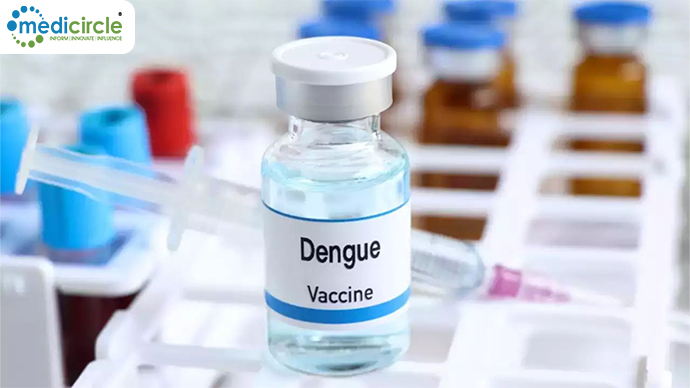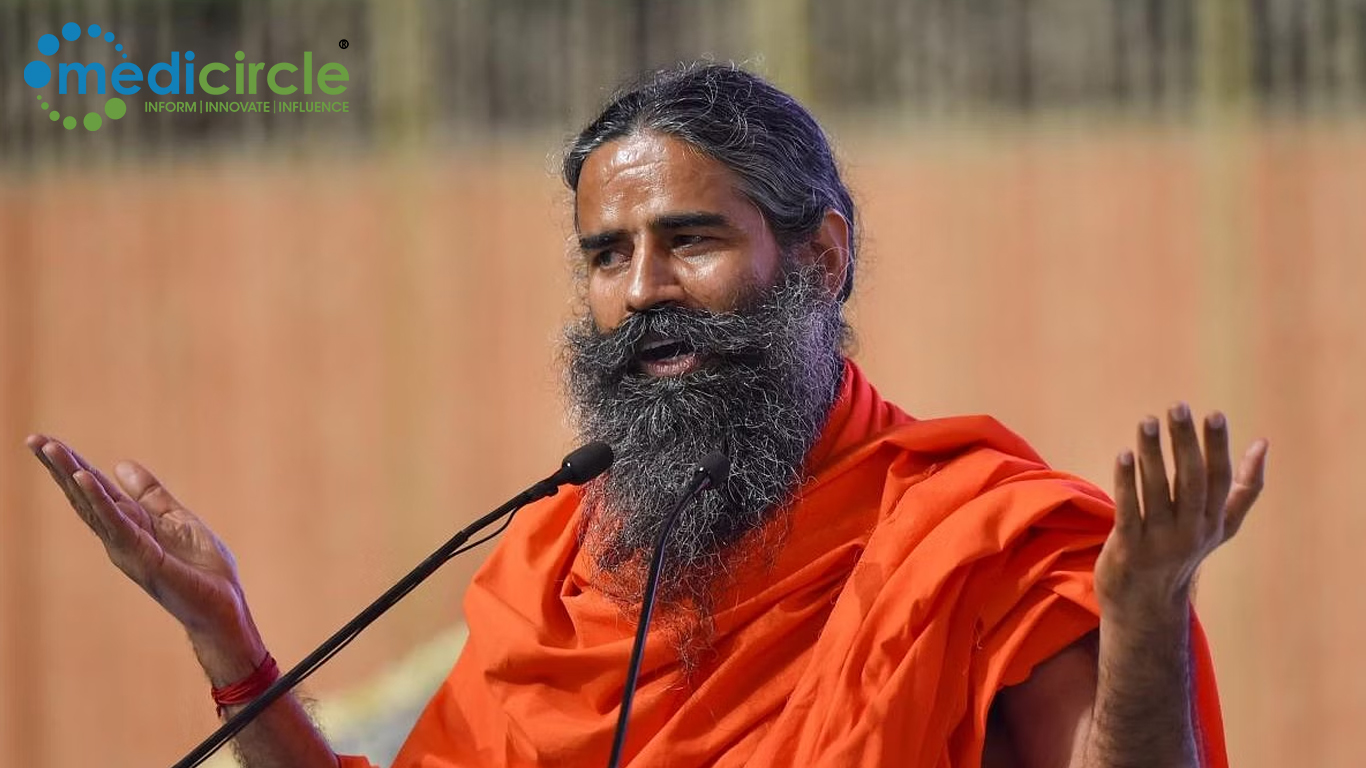Treating critically sick COVID-19 patients with corticosteroid drugs lessens the danger of death by 20%, an investigation of seven universal preliminaries found on Wednesday, provoking the World Health Organization to refresh its recommendation on therapy.
The examination - which pooled information from discrete preliminaries of low portion hydrocortisone, dexamethasone, and methylprednisolone - found that steroids improve endurance paces of COVID-19 patients sufficiently debilitated to be in concentrated consideration in a medical clinic.
"This is proportionate to around 68% of (the most diseased COVID-19) patients getting by after treatment with corticosteroids, contrasted with around 60% making do without corticosteroids," the scientists said in an announcement.
The WHO's clinical consideration lead, Janet Diaz, said the organization had refreshed its recommendation to incorporate a "solid proposal" for utilization of steroids in patients with serious and critical COVID-19.
"The proof shows that on the off chance that you give corticosteroids ...(there are) 87 fewer deaths for every 1,000 patients," she told a WHO online media to live occasion. "Those are lives ... spared."
"Steroids are a modest and promptly accessible medicine, and our investigation has affirmed that they are compelling in decreasing deaths among the individuals most seriously influenced by COVID-19," Jonathan Sterne, a teacher of clinical measurements and the study of disease transmission at Britain's Bristol University who chipped away at the examination, told the preparation.
He said the preliminaries - directed by specialists in Britain, Brazil, Canada, China, France, Spain, and the United States - gave a reliable message all through, indicating the drugs were valuable in the most diseased patients paying little mind to age or sex or how long patients had been sick.
The discoveries, distributed in the Journal of the American Medical Association, fortify outcomes that were hailed as a significant advancement and declared in June when dexamethasone turned into the primary drug demonstrated to have the option to lessen demise rates among seriously wiped out COVID-19 patients.
Dexamethasone has been in boundless use in escalated care wards treating COVID-19 patients in certain nations from that point forward.
Martin Landray, an educator of medication and the study of disease transmission at the University of Oxford who dealt with the dexamethasone preliminary that was a key aspect of the pooled investigation distributed on Wednesday, said the outcomes mean specialists in clinics over the world can securely change to utilizing the drugs to spare lives.
CLEAR BENEFITS
"These outcomes are clear, and right away usable in clinical practice," he told journalists. "Among critically sick patients with COVID-19, low-portion corticosteroids ... fundamentally lessen the danger of death."
Scientists said the advantage was demonstrated whether or not patients were on ventilation at the time they began treatment. They said the WHO might refresh its rules promptly to mirror the new outcomes.
Until the June discoveries on dexamethasone, no successful treatment had been appeared to diminish deaths rates in patients with COVID-19, the respiratory malady brought about by the new Covid.
More than 25 million individuals have been tainted with COVID-19 and 856,876 have passed on, as per a Reuters count.
Gilead Sciences Inc's remdesivir was approved by United States controllers in May for use in patients with serious COVID-19 after preliminary information demonstrated the antiviral drug abbreviated medical clinic recuperation time.
Anthony Gordon, an Imperial College London educator who likewise took a shot at the investigation, said its outcomes were uplifting news for patients who become critically sick with COVID-19, however would not be sufficient to end episodes or simplicity contamination control measures.
"Amazing as these outcomes seem to be, this isn't a fix. We currently have something that will help, yet it's anything but a fix, so we must keep up all the avoidance techniques."

 The WHO's clinical care lead said the agency had updated its advice to include a "strong recommendation" for use of steroids
The WHO's clinical care lead said the agency had updated its advice to include a "strong recommendation" for use of steroids






.png)
.png)











.jpeg)







.jpg)




.jpg)





.jpeg)